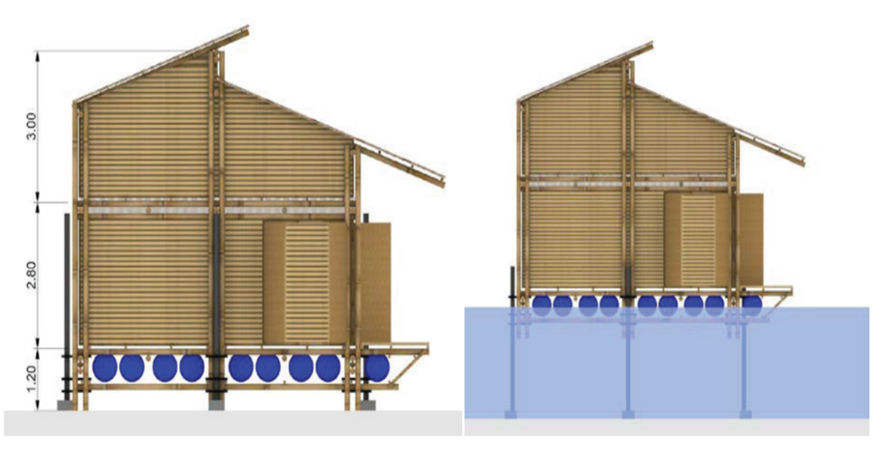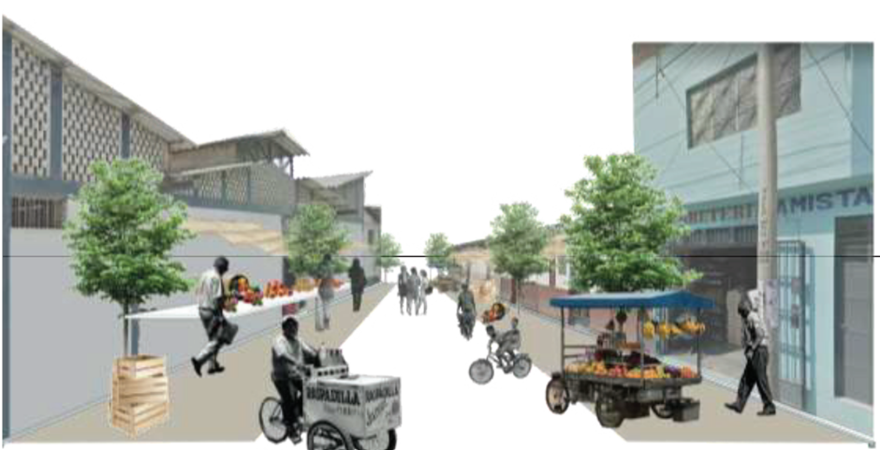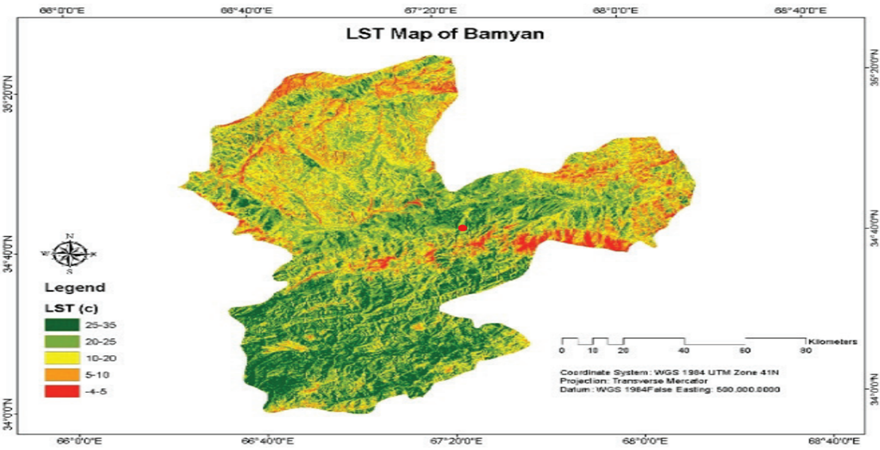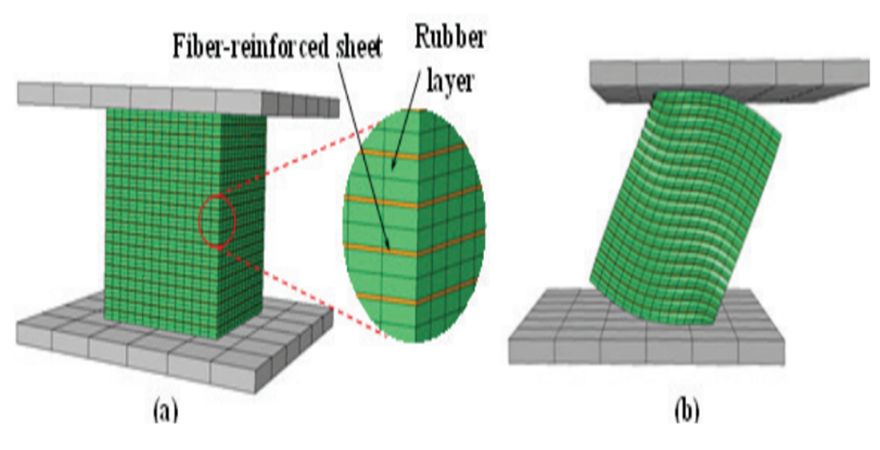- +91-11-4044-5999
- info@cdri.world
-
Copernicus Marg, New Delhi, INDIA
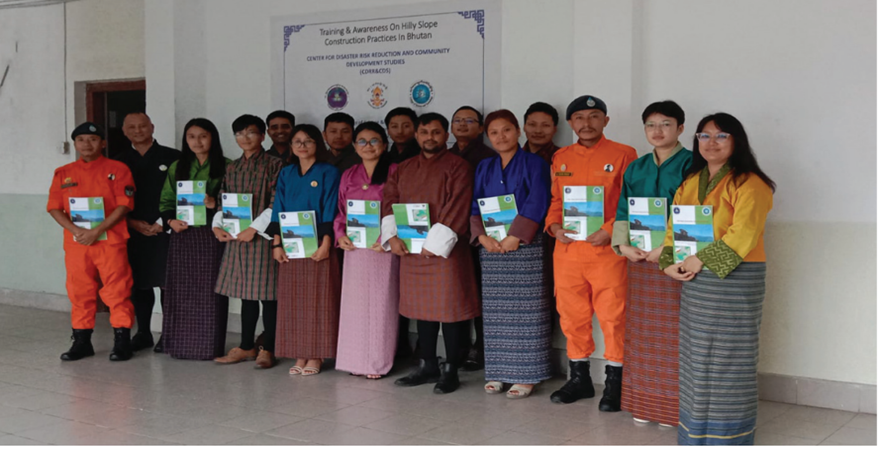
Practices on hilly slopes of Bhutan: A research compliance and recommendation for national adaptation
Ms Monika Thapa
Head/Lecturer, Centre for Disaster Risk Reduction and Community Development Services, College of Science and Technology, Bhutan
Mr Kirtan Adhikari
Member/Associate Lecturer, Centre for Disaster Risk Reduction and Community Development Services, College of Science and Technology, Bhutan
Ms Sonam Choden
General Manager, National Housing and Development Co. Ltd., Royal Government of Bhutan, Bhutan
Prof. K.S. Babu Narayan
Civil Engineering Department, National Institute of Technology Surathkal, Mangalore, India
Prof. Sunil B.M
Civil Engineering Department, National Institute of Technology Surathkal, Mangalore, India
Abstract: Located in a seminally active Himalayan region and having adverse geographical and geological conditions, Bhutan is vulnerable to various hazards. Landslide is one of the most predominating hazards in the region and intensified due to developmental activities and rainfall and claiming lives, property and loss of infrastructure. Despite high risk to landslides, major urban development and expansion are taking place in the hilly regions of Bhutan. Bhutan’s total usable land available for settlement is only 1% of the total land due to its steep mountains, snow cover areas and 60% forest and environment conservation policies as per the constitutional requirements. Regulations are in place for buildings to have adequate safety against earthquake but no such provision for safety against landslides exists. Therefore, the research aims to provide adaptation and mitigation measures before and after building construction for a landslide disaster-resilient building construction practice on the hilly slopes of Bhutan. The findings on the mitigation and the adaptation measures for sustainable hilly slope construction practices were shared and discussed with stakeholders contributing to the awareness and landslide risk reduction practices. It will also help various organizations in framing policies and guidelines.
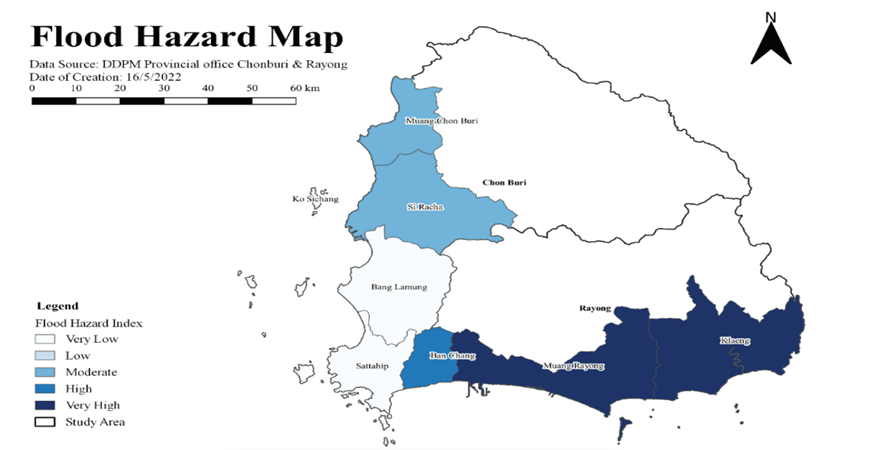
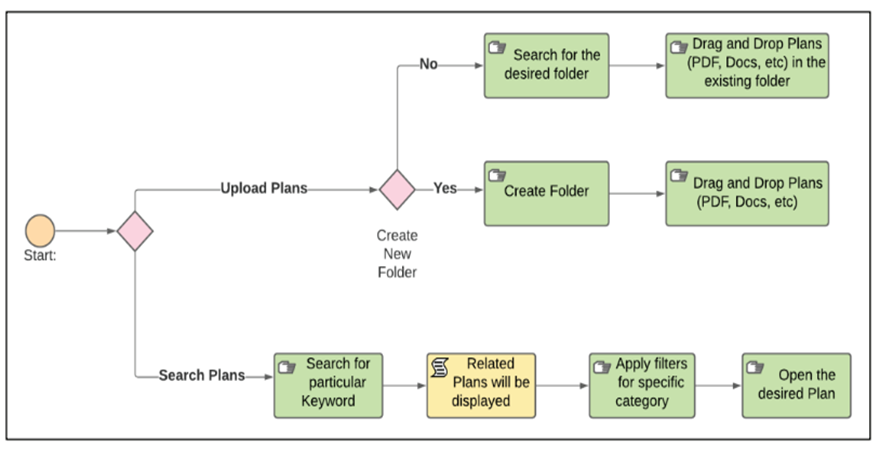
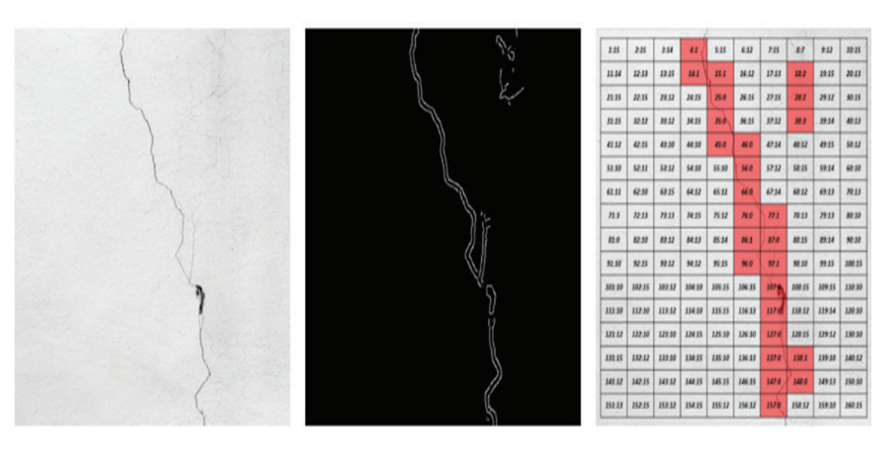
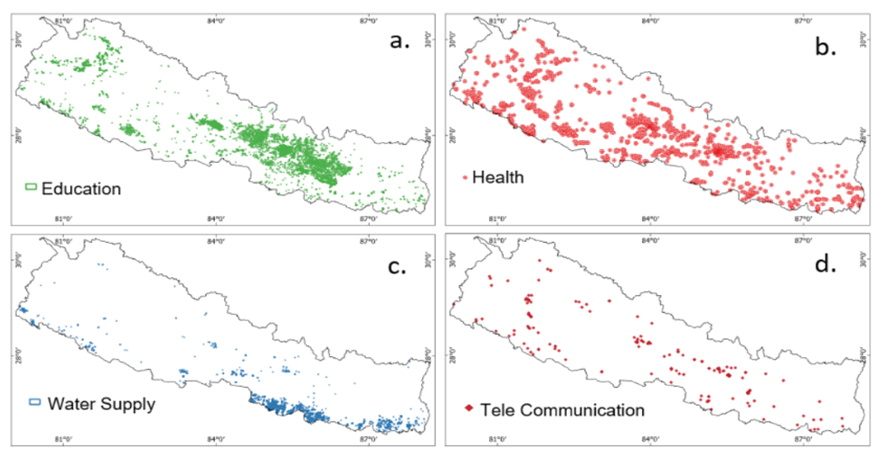
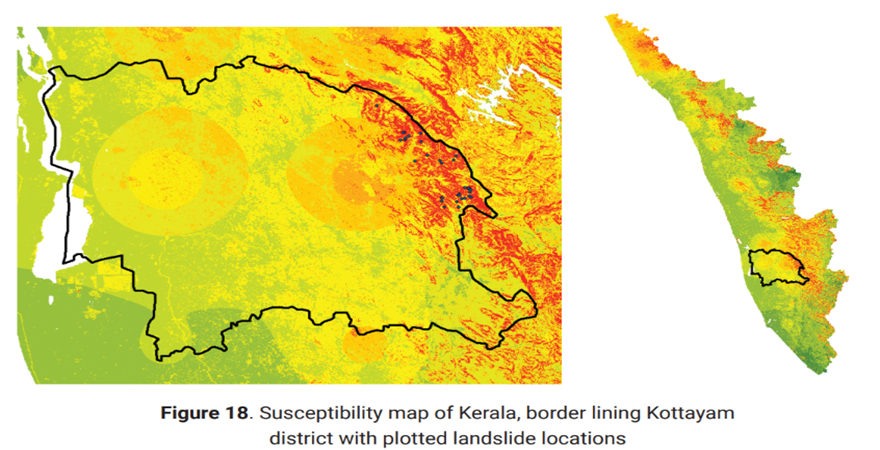
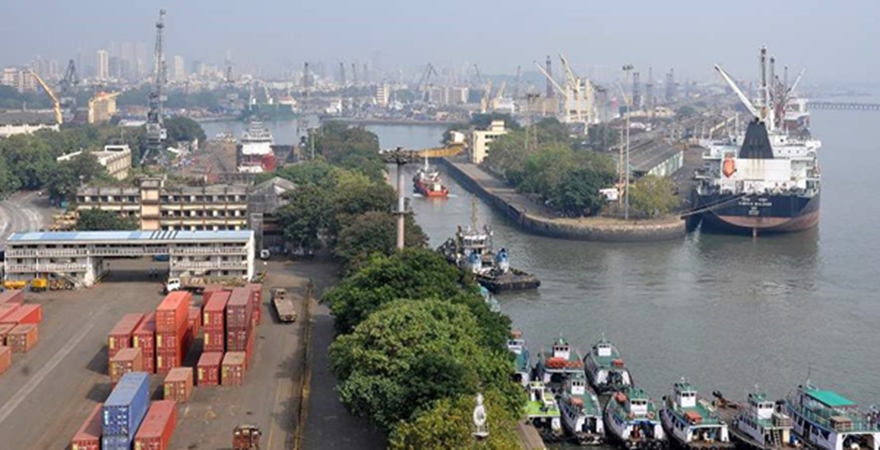
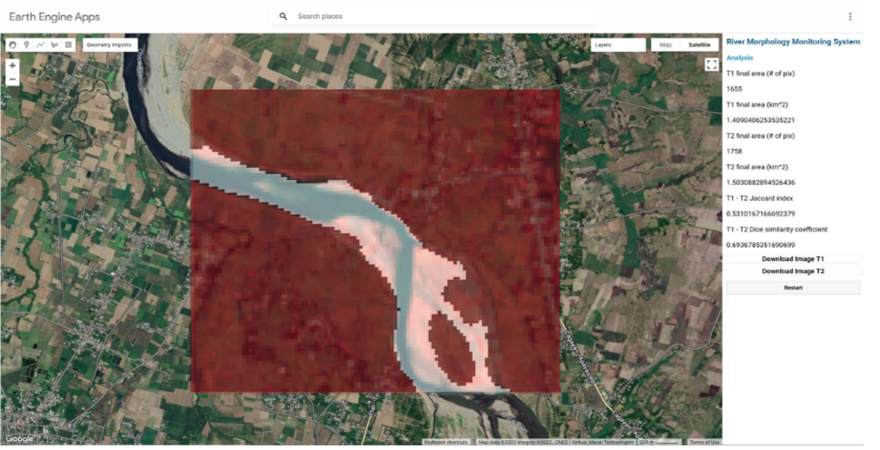
.png)
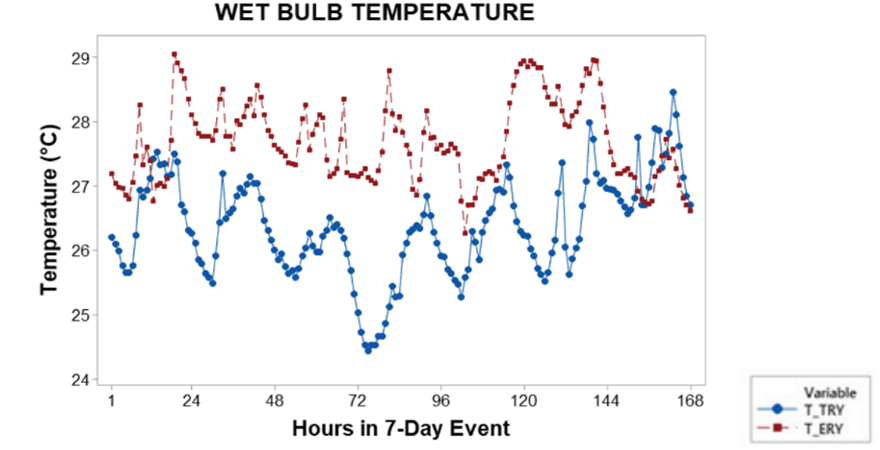
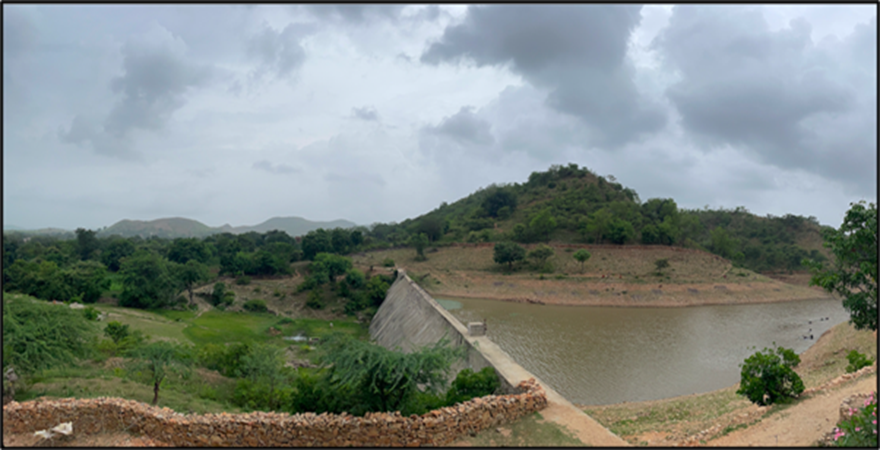
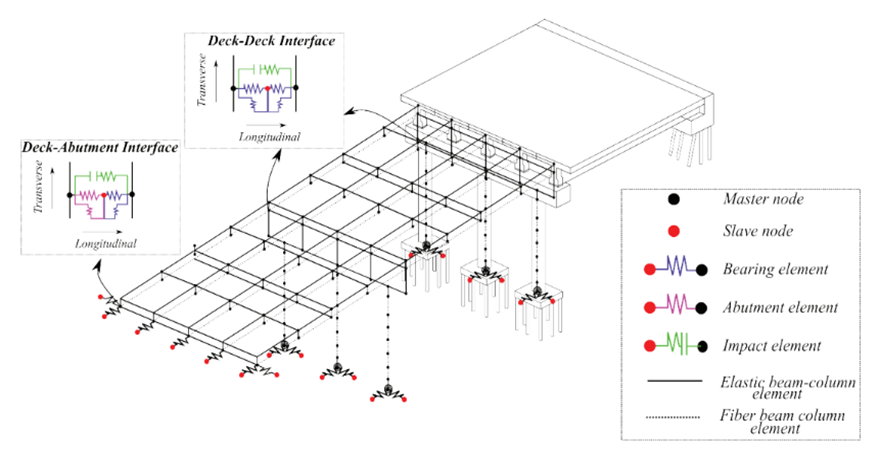
.png)
, nepal.png)

